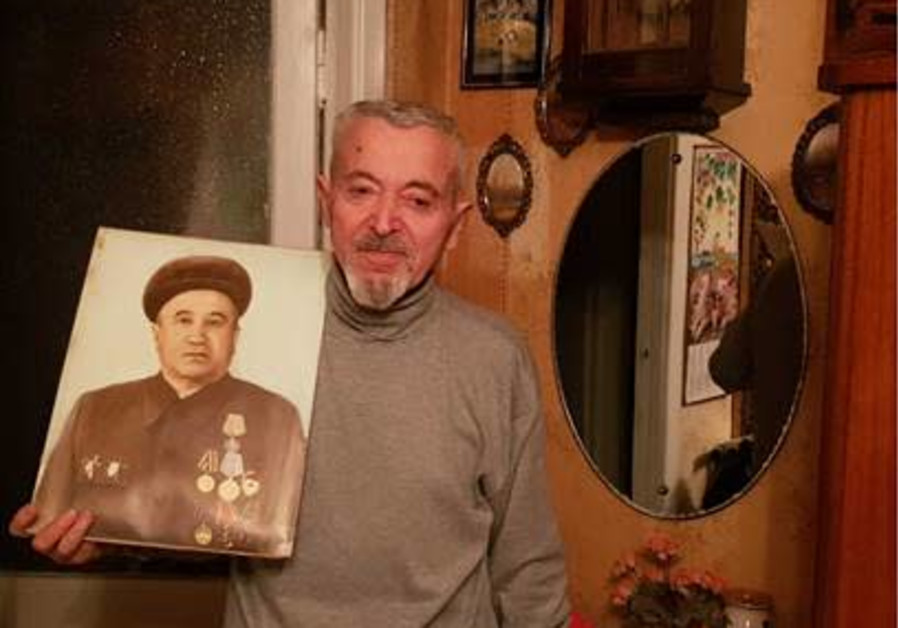Holocaust survivor who came to Israel on IFCJ aliyah flight reflects on life

Leonid Cherniakov, an 88-year-old survivor from Ukraine now living in Jerusalem, talks about his past suffering, the harsh reality of antisemitism in the former Soviet Union, and life in Israel.

Jerusalem Post Store
`; document.getElementById("linkPremium").innerHTML = cont; var divWithLink = document.getElementById("premium-link"); if (divWithLink !== null && divWithLink !== 'undefined') { divWithLink.style.border = "solid 1px #cb0f3e"; divWithLink.style.textAlign = "center"; divWithLink.style.marginBottom = "15px"; divWithLink.style.marginTop = "15px"; divWithLink.style.width = "100%"; divWithLink.style.backgroundColor = "#122952"; divWithLink.style.color = "#ffffff"; divWithLink.style.lineHeight = "1.5"; } } (function (v, i) { });
